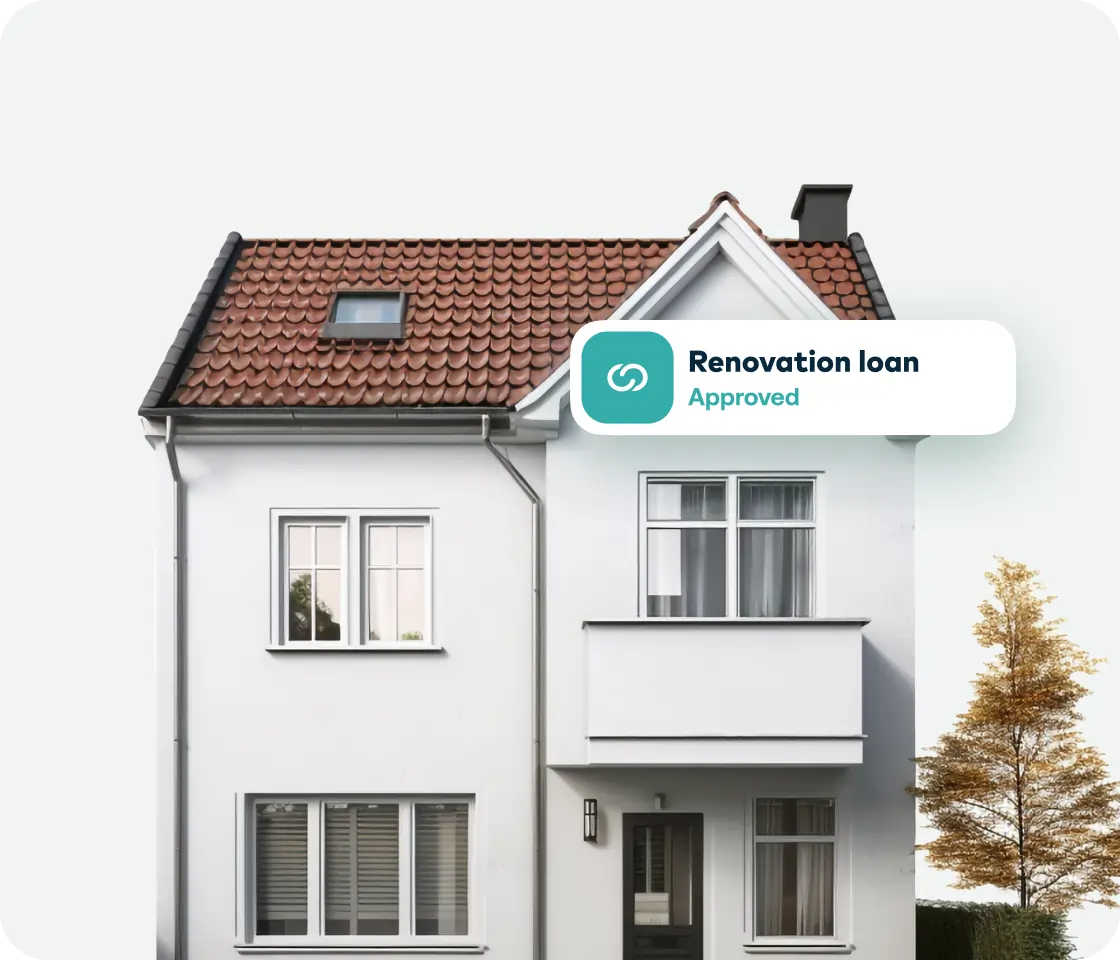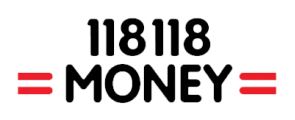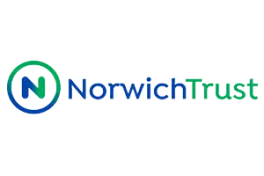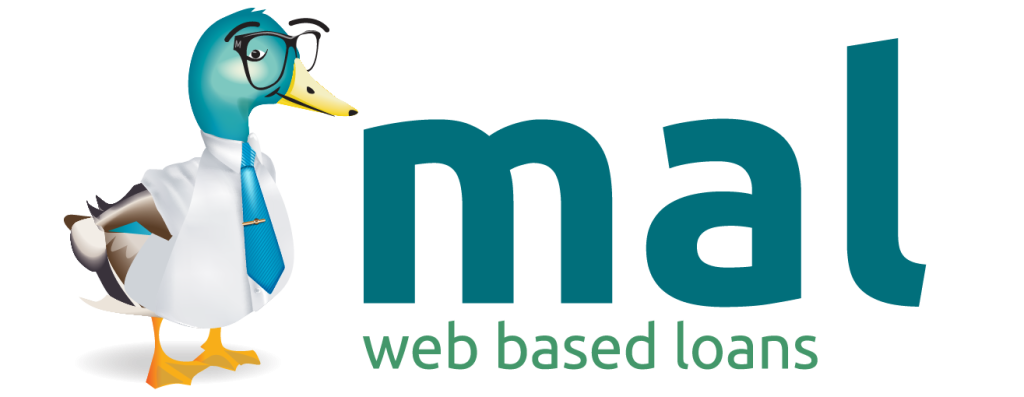Let us understand the different options available to finance your home improvement project and how they weigh as compared to a home improvement loan so that it becomes easier for you to choose the right financing option that can be beneficial for managing your finances.
Using Credit Cards for Home Improvements
If the home improvement project you are planning to do to your property is a minor one and your credit card has that much of limit, you may consider using your credit card. However, remember that you have to pay back the amount by the next pay date or else, the interest rate charged on it will be high. Whereas, with a home improvement loan, the rate of interest you will be charged will be lower as compared to a credit card.
Home Equity Loans and Lines of Credit
Home equity loans and lines of credit are another popular way of borrowing funds for home improvement. However, with such options for financing your project, you have a chance of losing the property as it will be considered as collateral. While as with an unsecured personal loan for home improvement, you do not have a chance of losing your home or property if you fail to make the repayment because your property is not being used as collateral. But remember, not making the repayments on time will impact your credit score.
Savings and Personal Funds for Renovations
If you have saved money and kept aside a separate fund for catering to your home improvement project, you can use it as you do not have to think about the repayments and your home will not be used as collateral. However, if the amount you have set aside will not be sufficient to carry out the projects you are aiming for then you may have to take out additional funds to complete the home renovation you have started.
Home Improvement Grants and Subsidies
There are various government backed schemes and grants that you can use to fund your home renovation project, however, the amount could be lot lower and you may not be able to finish the entire project you are eyeing at. If you have a nominal project size, it is better to consider a home improvement loan rather than borrowing funds from grants and schemes.
Potential Risks and Considerations while Borrowing a Home Improvement Loan
While borrowing a home improvement loan, you must know the dos’ and donts’ along with the risks associated with borrowing funds. Knowing about the potential risks will help you steer clear from any financial troubles later on.
Affordability and Financial Planning
Plan your finances efficiently before borrowing a home improvement loan. If you have existing debts, you need to have a clear repayment plan. Check your affordability before you apply for the loan so that you do not fall back on the repayments.
Potential Impact on Property Value
Making home improvements to your property will definitely make your living space better and also add to the overall value of your property. However, not all the home improvements you carry will have the same effect on the property value. Hence, choose your home improvements wisely and segregate them on the basis of your need – whether you want to spice up your home or to add value to it.
Loan Repayment Obligations and Consequences of Default
With an unsecured home improvement loan, if you default on the loan, your credit score will be impacted. If you miss the repayments in a series, and then completely stop making any repayments, you may be issued a County Court Judgement (CCJ) that will stay on your credit report for years.
Further, with a secured home improvement loan, you will lose your property to the lender or financial institution in case you fail to make the repayments.
























